Understanding the Difference: Direct Balance Sheet Hard Money Lenders vs. Loan Brokers
In the world of real estate investing, particularly in fix-and-flip projects, financing is a key component. Investors often turn to hard money loans for quick, flexible funding. However, it’s essential to understand the difference between direct balance sheet hard money lenders and loan brokers, as each offers unique advantages and considerations.
Direct Balance Sheet Lenders
- Direct balance sheet hard money lenders are entities that lend their own funds. They are the actual source of the loan, using their balance sheet to fund investments.
- Speed and Flexibility: These lenders typically offer quicker decision-making and disbursement processes, as they don’t need to coordinate with external fund sources.
- Customized Lending Solutions: Being the source of capital, they have more flexibility to offer customized loan terms that can fit unique investment scenarios.
- Direct Communication: Borrowers deal directly with the lender, ensuring clear communication and potentially faster resolution of issues or negotiations.
Loan Brokers
Definition and Key Characteristics:
- Loan brokers act as intermediaries between borrowers and multiple lenders. They do not lend their own money but facilitate the connection between borrowers and lenders.
- Access to Multiple Lenders: Brokers can provide access to a wide range of lenders, increasing the chances of finding a loan that suits the borrower’s needs.
- Expertise and Guidance: Brokers often bring expertise in finding the best rates and terms available, guiding borrowers through the lending process.
- Service Fees: Borrowers should be aware that brokers typically charge a fee for their services, which can add to the cost of the loan.
Comparing Direct Lenders and Brokers
Pros and Cons:
- Control and Personalization: Direct lenders may offer more control and personalization of loan terms, but with limited options compared to the range a broker can provide.
- Costs and Fees: Direct lenders may have lower overall costs since there are no broker fees, but brokers might access loans with better terms or rates that offset their fees.
- Time and Efficiency: While direct lenders can provide faster processing, brokers can save borrowers time in shopping around for the best terms.
- Expertise and Support: Brokers offer expertise and support, especially for borrowers unfamiliar with the lending landscape, while direct lenders may expect borrowers to have a higher understanding of the process.
Choosing the Right Option
Making an Informed Decision:
- Assess Your Needs: Consider the complexity of your project, the speed of funding required, and your experience in real estate investment.
- Compare Costs and Benefits: Weigh the costs of a broker’s fee against the potential benefits of a wider range of loan options.
- Consider Relationships: Building a direct relationship with a lender can be advantageous for future projects, but a broker’s network might offer more opportunities initially.
Whether opting for a direct balance sheet hard money lender or a loan broker, the choice largely depends on the borrower’s specific situation, preferences, and investment goals. Direct lenders offer speed, control, and potentially lower costs, while brokers provide a broader range of options and expert guidance. By understanding the distinct advantages and limitations of each, borrowers can navigate the private lending landscape more effectively, aligning their financing choices with their investment strategies for optimal outcomes.




